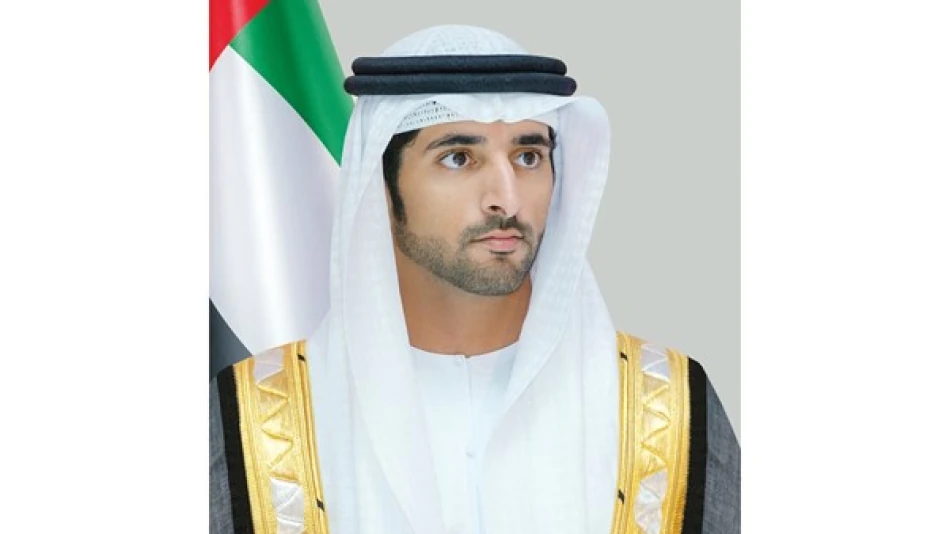
Dubai Marathon: Crown Prince Hamdan Launches Exciting New Running Initiative
Dubai Transforms Shopping Malls Into Morning Running Tracks to Combat Urban Health Crisis
Dubai has launched an innovative public health initiative that converts shopping malls into air-conditioned running tracks during morning hours throughout August. The "Dubai Mallathon" represents a creative solution to the Gulf region's dual challenges of extreme heat and sedentary lifestyles, while showcasing how urban planning can adapt existing infrastructure for community wellness.
A Strategic Response to Climate and Health Challenges
Sheikh Hamdan bin Mohammed bin Rashid Al Maktoum, Dubai's Crown Prince and Chairman of the Executive Council, announced the initiative as part of Dubai Social Agenda 33, emphasizing that "those who walk toward their health walk with Dubai toward its future."
The program addresses a critical issue facing Gulf cities: how to maintain active lifestyles when outdoor temperatures regularly exceed 40°C (104°F) during summer months. By repurposing shopping centers—Dubai's most ubiquitous air-conditioned spaces—the initiative creates accessible fitness venues without requiring new infrastructure investment.
Learning From Global Urban Wellness Trends
Dubai's approach mirrors successful urban health interventions worldwide, but with a regional twist. While cities like New York open streets for pedestrians and Singapore creates covered walkways, Dubai's mall-based solution reflects the unique role that shopping centers play in Gulf society as climate-controlled community hubs.
The timing is strategic. August represents the peak of Dubai's summer heat, when outdoor exercise becomes nearly impossible for most residents. Traditional morning joggers and fitness enthusiasts typically retreat indoors or abandon routines entirely during this period.
Economic and Social Implications
For mall operators, the initiative presents both opportunity and operational complexity. Morning foot traffic could boost early-opening retailers like cafes and sports stores, while potentially creating new revenue streams through fitness-related partnerships. However, managing mixed-use spaces requires careful coordination between shoppers and exercisers.
The program also addresses Dubai's demographic reality: a population where over 80% are expatriates, many from countries with different climate conditions and fitness cultures. By making exercise more accessible and culturally appropriate, the initiative could help integrate diverse communities around shared health goals.
A Model for Climate-Adaptive Urban Planning
Dubai's mall-running concept could influence urban planning across the Gulf region, where similar climate challenges exist. Cities like Doha, Kuwait City, and Riyadh face identical summer heat issues and possess extensive mall networks that could be similarly repurposed.
The initiative reflects Dubai's broader strategy of positioning itself as a livability leader in the region. As the emirate competes with other Gulf cities for international talent and investment, quality-of-life measures become increasingly important differentiators.
Success will likely be measured not just in participation numbers, but in whether the program creates lasting behavioral changes and inspires permanent infrastructure adaptations. If effective, Dubai's "Mallathon" could become a permanent feature, transforming how residents view both exercise and urban spaces in one of the world's most challenging climates.
Most Viewed News

 Layla Al Mansoori
Layla Al Mansoori






